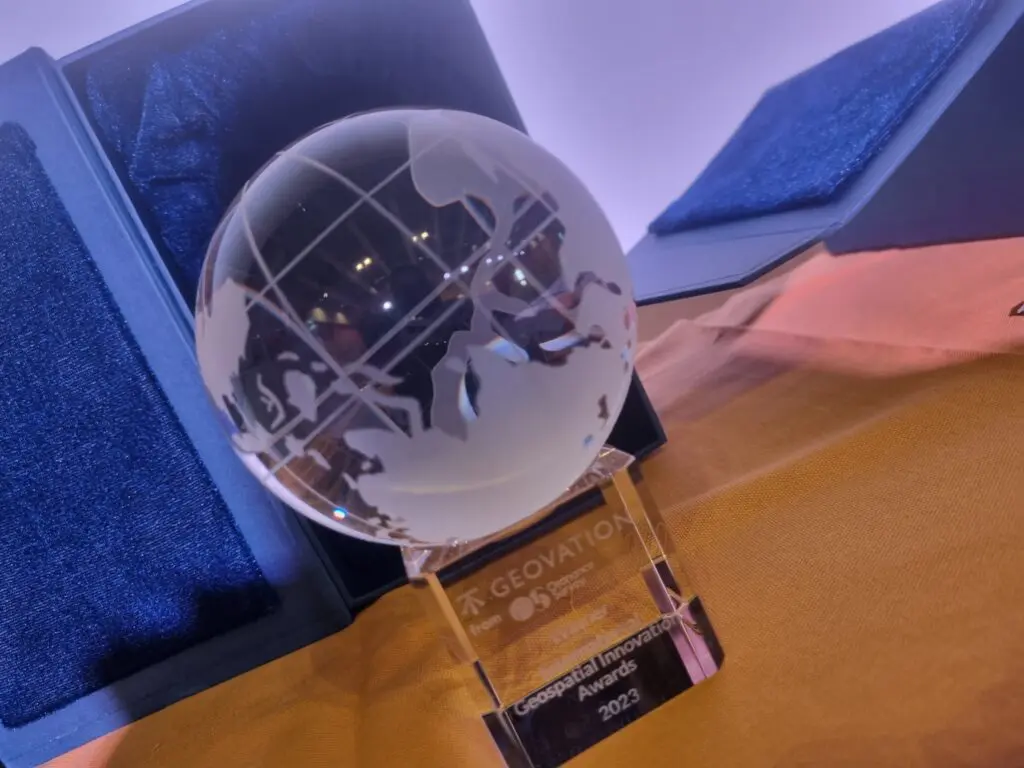Geospatial Innovation Awards 2023
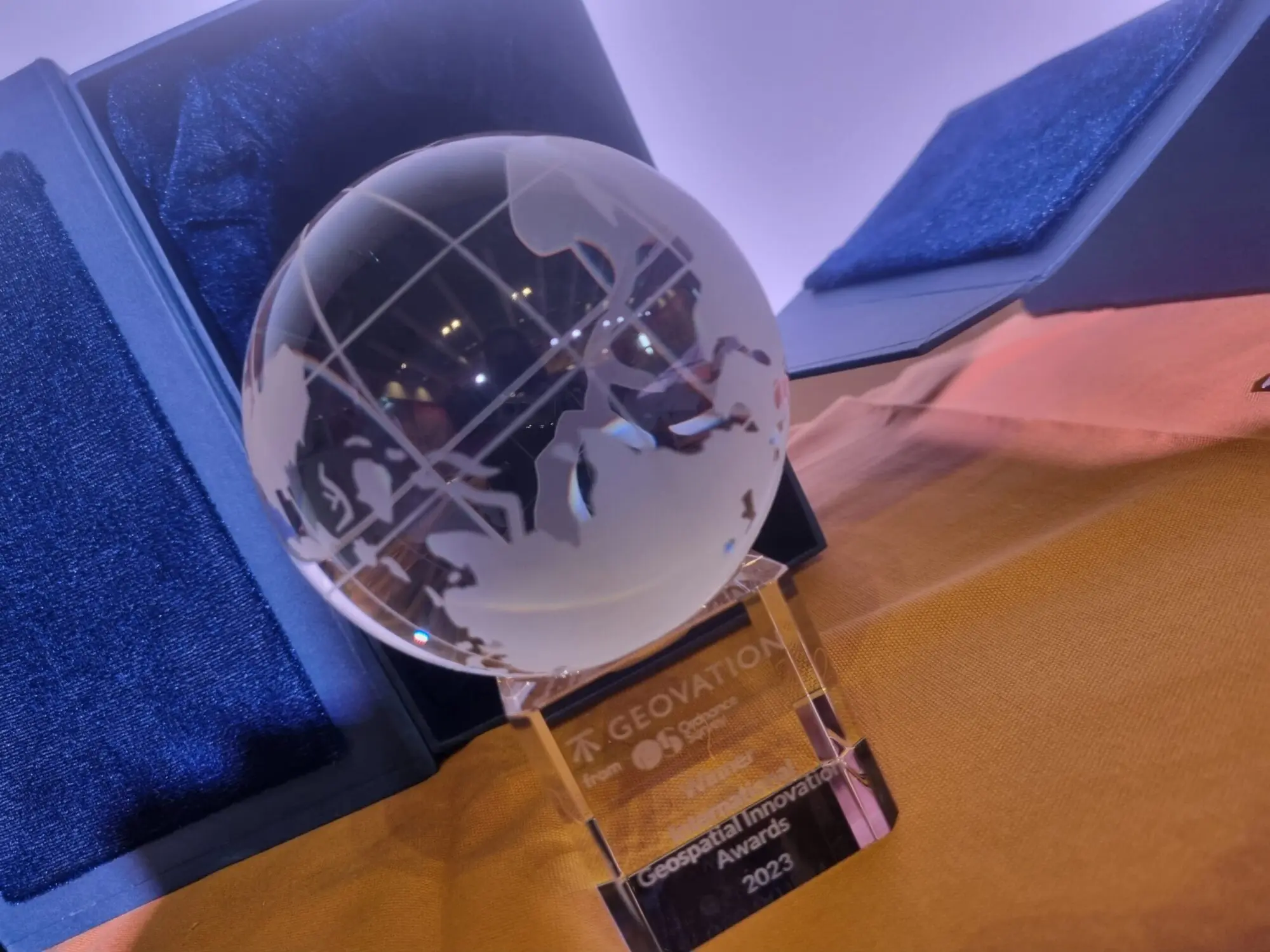
With nearly 100 entries, spanning over 26 different countries, the inaugural Geospatial Innovation Awards showcased the powerful impact geospatial has on the world around us.
The 2023 award winners

Places for the future
Winner: Where you At
WYA solves the frustrating problem of losing friends in busy venues. With precise indoor mapping capabilities, users can locate their friends down to the floor-level, bar, or cubicle. WYA works without phone signal, and includes timestamped SOS alerts – helping make nightlife safer for everyone.
Highly Commended: The Future Fox’s Create-a-Town feature
The Future Fox has launched a new, transformative feature for their digital engagement platform, PlaceBuilder. For the first time, communities are being brought into the challenging discussions on the trade-offs in designing new developments, via a fun, 5-minute experience on their mobile phones.
Land, Sea & Air
Joint Winners: UP42, and The Earth Genome
UP42: We founded UP42 in 2019 to provide quick and easy access to optical, radar, elevation, and aerial data. Our APIs and Python SDK enable customers to build and scale their solutions. UP42 is the one-stop-shop for all geospatial data. The direct impact of easier and quicker access to high-resolution satellite imagery has made it possible to improve livelihood of cities and communities across the globe.
The Earth Genome: Global Plastic Watch uses satellite imagery and deep learning to identify, measure, and monitor plastic waste sites on land, supporting local communities and national agencies with the data required to stop plastic before it enters our oceans.
Highly Commended: gtfs2emis
Measuring the environmental benefits of transportation policies and interventions is a hard task, particularly in emerging economies where the lack of data is a common problem. Here we present the gtfs2emis model, a novel bottom-up method to estimate emissions from public transport systems.
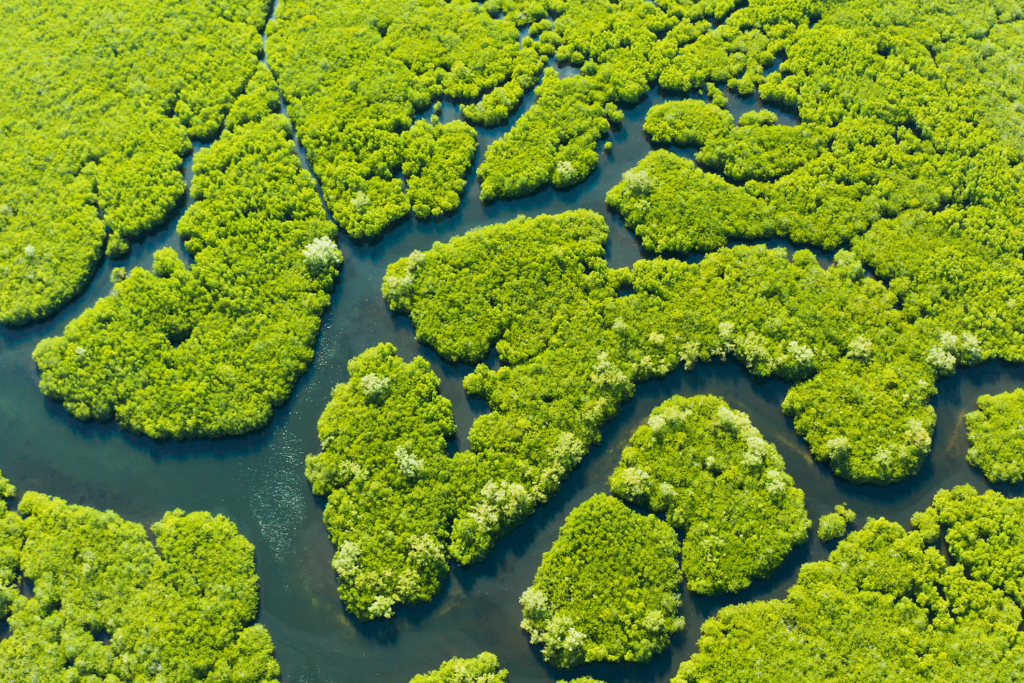

Resilience, safety, resource quality & protection of life
Winner: WorldPop
WorldPop maps populations across the globe to ensure that everyone, everywhere is counted in decision making. The group partners with governments and UN agencies and has produced almost 45,000 open geospatial datasets, complementing traditional sources with dynamic data for mapping populations.
Highly Commended: Cirrolytix Research Services
Cirrolytix is an innovator in data-driven health risk management. Our AEDES project predicts dengue outbreaks, and its versatile framework has applications for managing other vector-borne diseases and health crises.
Individual contribution to open geospatial innovation
Winner: Dr. Qiusheng Wu
Dr. Qiusheng Wu an Assistant Professor in the Department of Geography & Sustainability at the University of Tennessee, Knoxville. His research interests include geospatial data science, remote sensing, and environmental modelling.
Dr. Wu is a strong advocate of open science and reproducible research. He has developed and published various open-source packages for advanced geospatial analysis. Furthermore, Dr. Wu goes further to engage people in his open source projects by creating countless video tutorials, to aid student and users in leveraging his work.
Highly Commended: Taslim Salaudeen
Taslim is a notable and driven pioneer in GIS technology in Nigeria, with a bachelor’s degree in Remote Sensing and Geographical Information Systems. His vision is to apply Geo-Spatial Intelligence, Geo A.I to promote Entrepreneurship in order to solve grass-root problems in Africa.

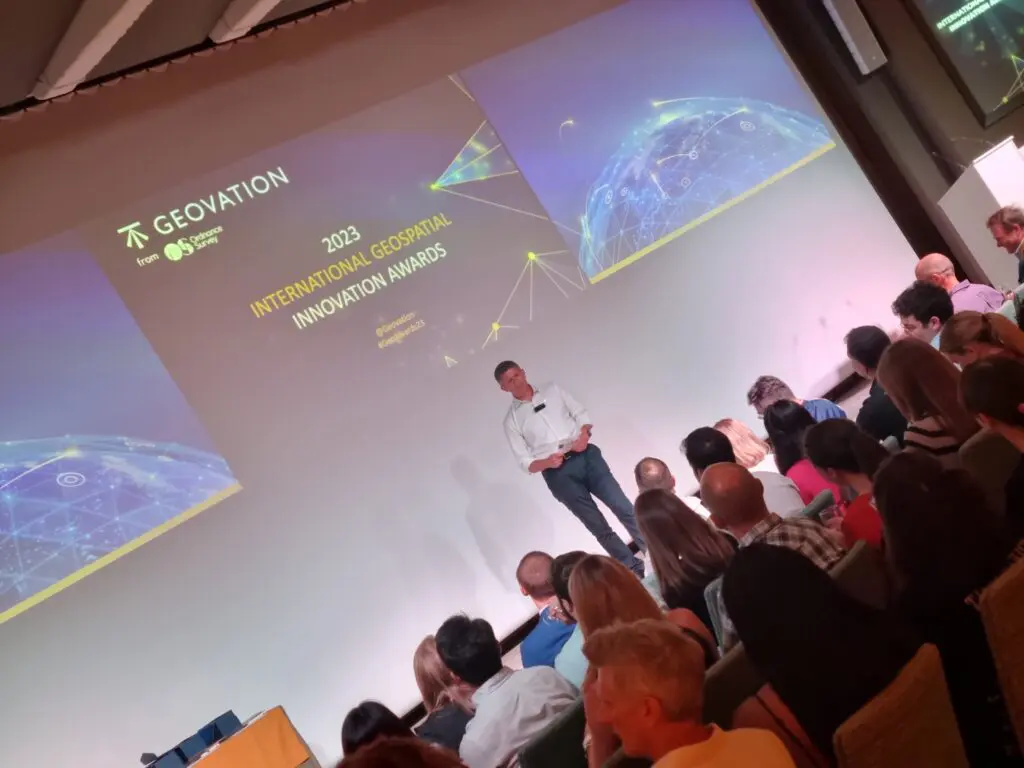
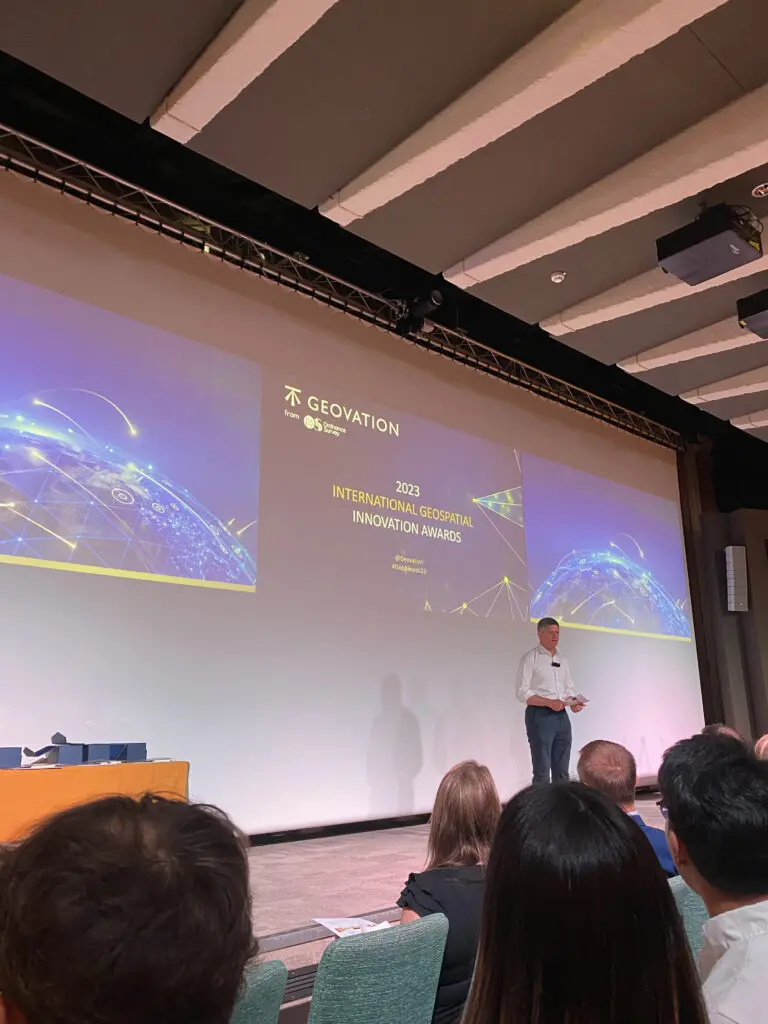
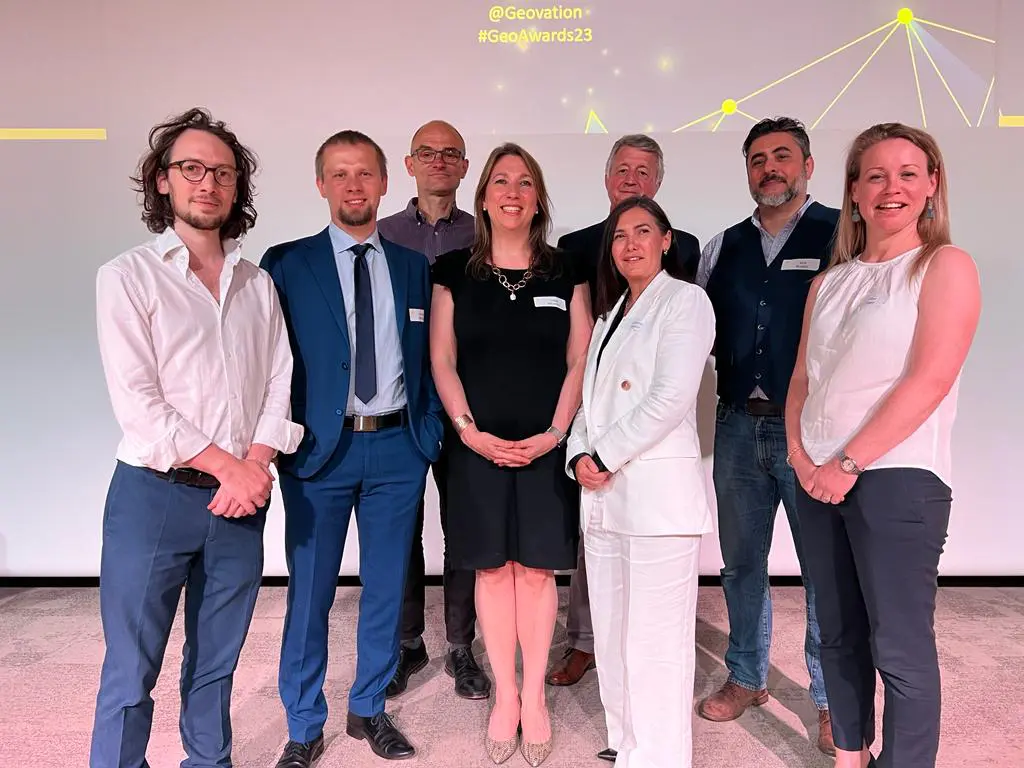





News about the awards

Meet the Judges
Meet the industry experts who judged the 2023 Geospatial Innovation Awards
